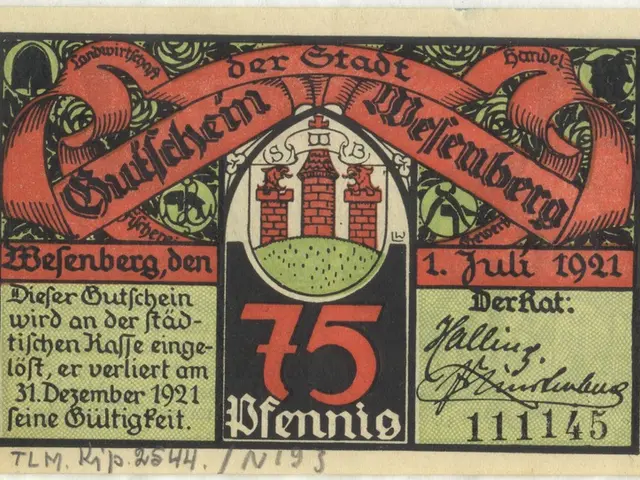What Is the Record Duration for the Lengthiest Cricket Test Match?
Breaking Down the Longest Test Match Ever
Cricket's most notorious marathon, lasting a crushing total of 12 calendar days, took place between England and South Africa. The Timeless Test, played without a predetermined end date, was a monumental contest that saw the two teams battling it out for an unbelievable nine days of actual play[1][3][5].
A Brief Recap of the "Timeless Test"
This extraordinary encounter was held at Kingsmead stadium in Durban, South Africa, from March 3 to March 14, 1939. South Africa led the way with a robust score of 530. England responded with a respectable 316, but when it came to their second innings, they put up an impressive fight, amassing a formidable 654/5.
Now, you might wonder, why was it called the "Timeless Test"? It's simple. Unlike modern Test matches, which are restricted to five days, the timeless format was designed to produce an outright result, allowing the game to continue until one team emerged victorious.[2]
The Game of Endurance and Deadlock
Despite the unending battle, the pitch managed to keep in top condition, the weather remained friendly, and both teams refused to back down. South Africa and England fought tooth and nail for 10 days of intense competition. However, just when it seemed that England was on the verge of victory, needing a mere 42 runs to clinch the victory, they had to abandon the match to catch their ship home.[3]
Lessons Learned and Memories Made
This legendary Test has left a lasting impression on cricket lovers worldwide. It holds the record as:
- The longest Test match by playing days
- A reminder of the logistical challenges faced during the pre-air travel era
- The final chapter in the timeless Test format's history
Following the game, cricket authorities worldwide concluded that matches with no time constraints were impractical and led to fixed-duration Test matches becoming the norm, typically spanning five days.[4]
Conclusion
The longest Test match in cricket history spanned 12 calendar days and offered an unparalleled test of endurance for players. The game ended dramatically, with England just 42 runs short of victory due to their pressing need to catch their ship home.[3] A truly fascinating chapter in cricket history, the " Timeless Test" serves as a testament to the unique drama and endurance that Test cricket is known for.[6]
FAQs About the Longest Test Match
How many days did the longest Test match last?
The legendary Test match lasted a staggering 12 calendar days.
Which teams played against each other in the longest Test match?
England and South Africa were the competing teams in the historic contest.
Where was the longest Test match played?
The epic showdown took place at Kingsmead stadium in Durban, South Africa.
Why was it called the "Timeless Test"?
The game was called the "Timeless Test" because it had no predetermined end date.
Why did it end in a draw if it was timeless?
The game was not left as a draw due to lack of result, but because of the teams' travel commitments and the need to catch their ship home.
How close was the match to getting a result?
England was within touching distance, requiring just 42 more runs to win when the match was called off.
Is the timeless Test format still used today?
No, after this game, fixed-duration Test matches, typically lasting five days, became the norm.[4]
[1] https://en.wikipedia.org/wiki/Test_cricket[2] https://www.espncricinfo.com/story//id/29819204/the-timeless-test-part-one[3] https://www.espncricinfo.com/story//id/29819229/the-timeless-test-part-two[4] https://www.bbc.co.uk/sport/cricket/35836553[5] https://www.lawinsport.com/advocacy/bitesize/timeless-tests-and-the-longest-test-match-ever-played[6] https://www.insideworldfootball.com/gareth-thomas/england-south-africa-timeless-test-cricket
- Despite the longevity of the longest Test match, which lasted an incredible 12 days, the world of sports has since moved towards fixed-duration Test matches, where teams strikingly battle it out for just five days, much like cricket's adapted pace mirrors the whirlwind of modern sports.
- Unpinned by the historic encounter at Kingsmead stadium in Durban, South Africa, the world of travel has become ironically more interconnected, allowing teams like England and South Africa to navigate the globe with greater ease, contrasting the days when a looming ship home could potentially influence the outcome of an unyielding cricket test.








